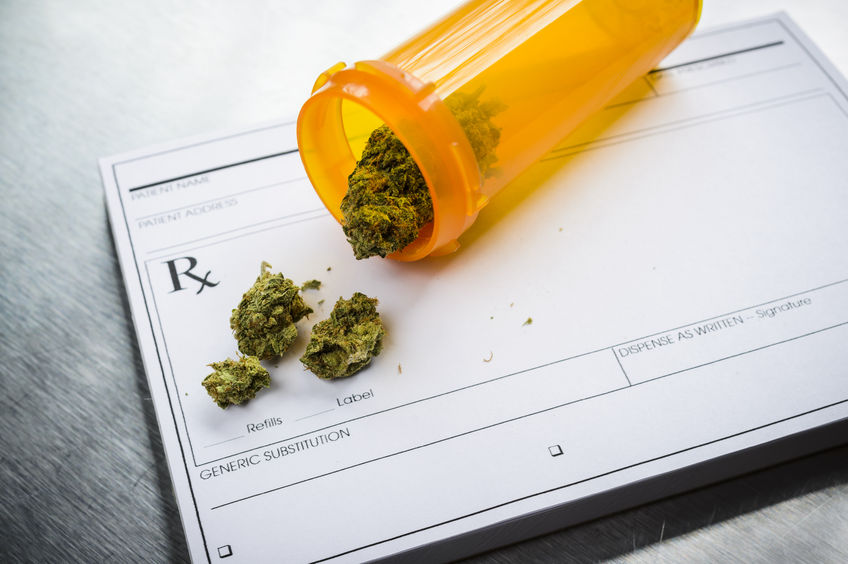Up in Smoke: Lessons We Can Learn from Places where Marijuana is Legal
Jul 14, 2016 • Kevin Christian L. Santos

Jul 14, 2016 • Kevin Christian L. Santos
In a study, Colorado State Patrol says that DUI summonses involving marijuana (either alone, or combined with other substances such as alcohol) dipped 1% between 2014 and 2015. On the other hand, the Denver Police Department found marijuana-related DUI cases rose between 2013 and 2014, from 33% to 66%, and rose again in 2015 to 73%.
However, when a DUI test reveals that THC is in one’s blood, it does not necessarily equate to one being impaired while driving, it only reveals the presence of the drug in one’s system. Given that cannabis consumption has risen since legalization, this only show that unimpaired drivers can also test positive for THC, whether or not they were stoned and tripping while driving.
Portugal decriminalized not just marijuana, but all drugs since 2001. They treat anyone holding small quantities (less than a 10-day supply) of illegal substances as a health-related issue and not a criminal one. Instead of being charged and sent to jail, you have to pay a fine and be asked to go to rehab or a treatment program.
The effect? HIV infection cases and drug-related deaths have gone down. From 80 overdose deaths the year that decriminalization took effect, only 12 deaths were recorded in 2012. Furthermore, a study shows Portugal records three overdose deaths for every 1,000,000 citizens since decriminalization, compared to the European Union’s 17.3 deaths.
Here’s a history lesson. The prohibition on marijuana started in the 1930s when Federal Bureau of Narcotics Commissioner Harry Anslinger claimed that cannabis can be linked to violent crime, saying “the most violence-causing drug in the history of mankind.” He further added, “marihuana causes white women to seek sexual relations with Negroes” and estimated that half the violent crimes in areas occupied by “Mexicans, Greeks, Turks, Filipinos, Spaniards, Latin Americans, and Negroes may be traced to the use of marihuana.”
Take note that the races Anslinger mentioned were minorities, including Filipinos. So we can assume that the roots of marijuana prohibition were not driven by scientific research, but rather by prejudice.
Legalization can help us understand the effects of marijuana. The US has long been hampered from studying the effects of medical marijuana due to it being mostly illegal. The federal government has ruled it as such, hence research on the pros and cons of medical pot has been limited. DEA says it has no medicinal value, so researchers have to get approval from the DEA before they can research. The DEA has even been relentless on states where pot is legal.
There have been numerous studies on its painkilling properties, but again there’s little research on the benefits and risks of long-term use. With legalization, the negative stigma on the drug can slowly be lifted and allow us to understand something that’s been misunderstood and reviled for so long.
Because MUNCHIES.
How about you? Got any weed knowledge to share? Puff, puff and pass it in the comments!
Pages: 1 2
Having a love for fart jokes and offensive humor, KC Santos isn't as mature an individual as he thought. He works as 8List.ph's social media manager while juggling migraines and occasional bouts of weeping. His passions include skateboarding, music, dinosaurs and scratching his nether regions.
Input your search keywords and press Enter.
